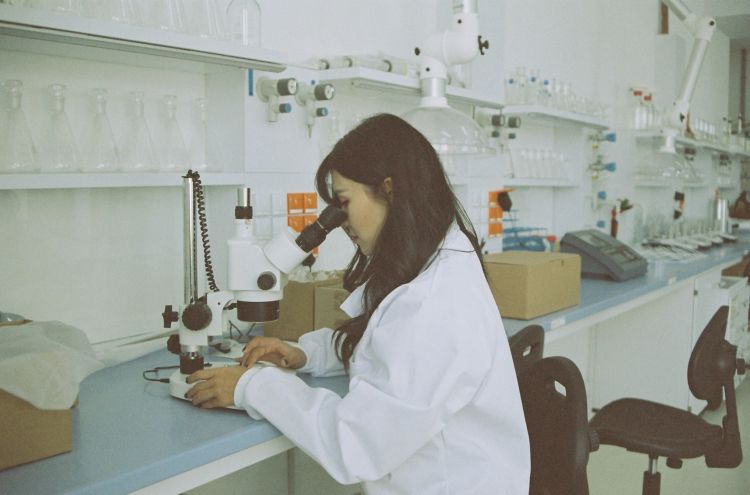Saol Therapeutics announces FDA acceptance of New Drug Application for SL1009 for treatment of Pyruvate Dehydrogenase Complex Deficiency
ROSWELL, Ga, DUBLIN and HAMILTON, Bermuda, January 28, 2025 – Saol Therapeutics, a privately held, clinical-stage pharmaceutical company, announced today that the U.S. Food and Drug Administration (FDA) has accepted for review the New Drug Application (NDA) for SL1009, Sodium Dichloroacetate Oral Solution (DCA). DCA will be used with a proprietary genetic test to treat an orphan pediatric mitochondrial disease, Pyruvate Dehydrogenase Complex Deficiency (PDCD)1. The FDA granted Priority Review for the NDA and has set a goal date of May 27, 2025, under the Prescription Drug User Fee Act (PDUFA). Priority review is designated to applications for drugs that, if approved, would provide a significant improvement in safety or effectiveness of the treatment, prevention or diagnosis of a serious medical condition. SL1009 has previously been granted Orphan Drug and Fast Track Designations. SL1009 has also been granted a Rare Pediatric Disease Designation by the FDA and thus is eligible for a Priority Review Voucher (PRV).
PDCD is a rare and life-threatening mitochondrial disorder of carbohydrate oxidation that mostly affects the nervous system and skeletal muscle and leads to decreased ATP production and energy failure. DCA is a targeted therapy that inhibits Pyruvate Dehydrogenase Kinase (PDK) to stimulate residual Pyruvate Dehydrogenase Complex (PDC) activity and increase energy (ATP) production by mitochondria.
"This NDA acceptance brings us one step closer to addressing the critical health challenges faced by these children and their families, where no approved treatment is currently available," said Dave Penake, Chief Executive Officer of Saol Therapeutics. “Reaching this regulatory milestone is both a significant scientific achievement and a deeply meaningful moment for everyone who has dedicated themselves to advancing this therapy. Further, designating our application for priority review reaffirms that the FDA views PDCD as a serious condition”
The NDA is supported by results from a Phase 3 double-blind placebo-controlled cross-over study (SL1009-01) and a survival study (SL1009-02). The totality of evidence submitted for review in the NDA includes mechanistic characterization, along with nonclinical and clinical evidence to demonstrate the safety and clinical benefit of DCA in PDCD patients.
DCA is not currently approved for any indication in the United States.
About Pyruvate Dehydrogenase Complex Deficiency (PDCD)
PDCD is a mitochondrial disorder of carbohydrate oxidation that mostly affects the nervous system and skeletal muscle and leads to decreased ATP production and energy failure. It is estimated that 300-500 patients are treated in expert centers in the US, and the overall prevalence is thought to be as high as 2,000. PDCD is the most common cause of congenital lactic acidosis, a life-threatening condition that may occur as early as the neonatal period. Patients suffering from PDCD may also exhibit extreme tiredness (lethargy), poor feeding, rapid breathing (tachypnea), and other signs of neurological and neuromuscular dysfunction such as developmental delay, low muscle tone (hypotonia), abnormal eye movements and seizures. Signs and symptoms usually begin soon after birth but may appear later in childhood2.
There are currently no FDA-approved therapies for PDCD.
About Saol Therapeutics
Saol Therapeutics (pronounced "Sail") is a privately held, clinical-stage, pharmaceutical company with operations in Roswell, GA, Dublin, Ireland and Hamilton, Bermuda. Saol is focused on development activity in CNS disorders such as spasticity and pain management, and orphan diseases. Saol is committed to providing and advancing therapeutic options for patients and the physicians treating these populations. For more information, visit www.saolrx.com.
Saol Therapeutics Contact
Brian Nappi, Senior Vice President, Strategy
bnappi@saolrx.com





